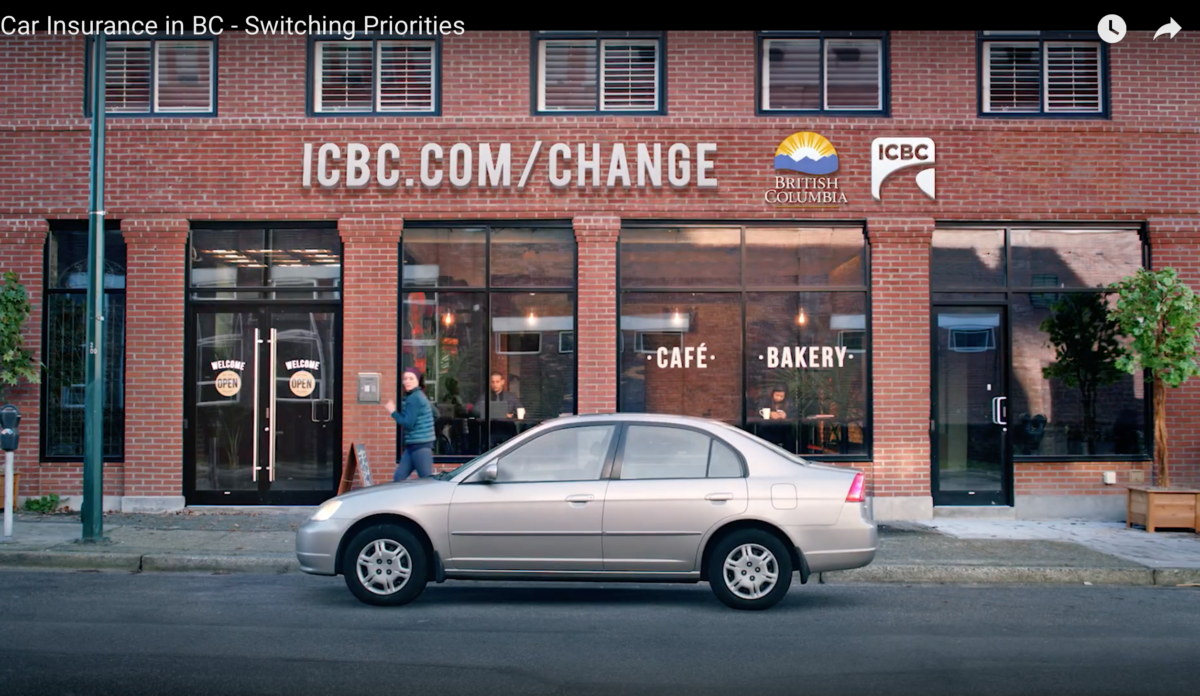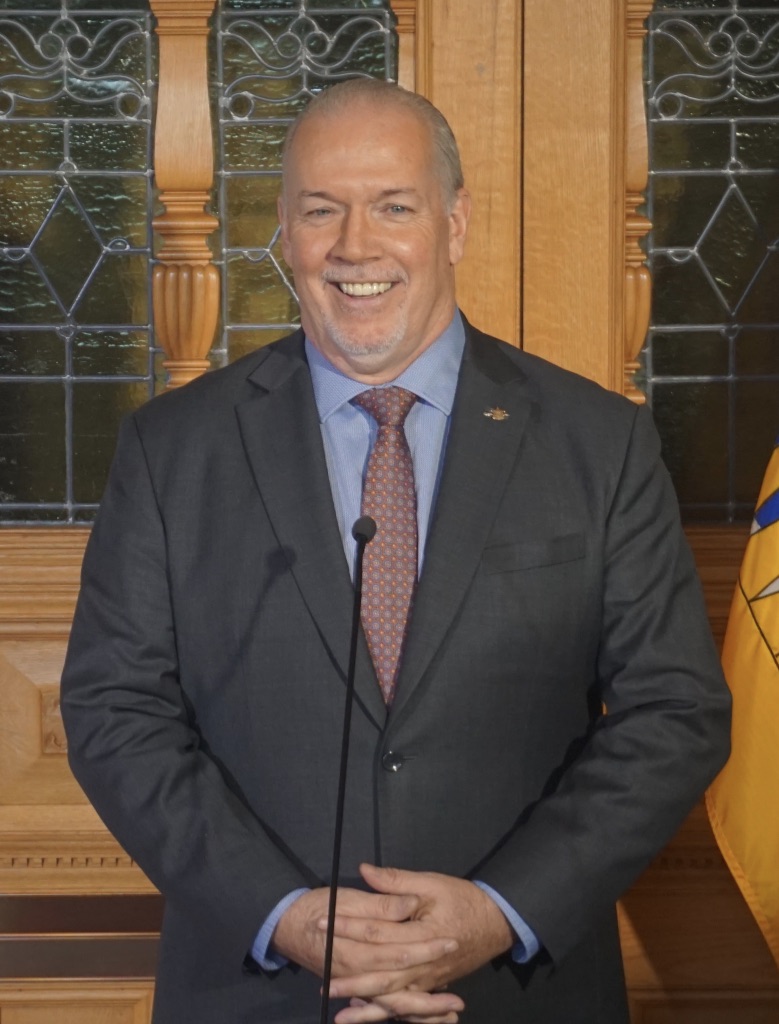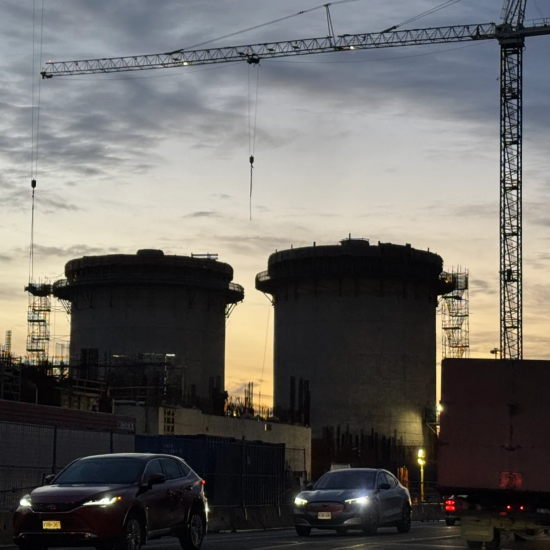
Bob Mackin
ICBC is going no-fault next year.
Under proposed changes announced Feb. 6 by the NDP government, crash victims will be eligible for $7.5 million or more in personal assistance expenses for non-catastrophic injuries under the new model, which is expected to be in place by May 2021, after Legislative approval.

B.C. Premier John Horgan, Nov. 21, 2019 (Mackin)
The current system’s limit for accident benefits is $300,000.
The changes mean ICBC premiums will drop an average $400 per driver. The new system, which the NDP government calls “care-based,” would remove more than $1.5 billion in costs with the end of the litigation-based system in the first year.
The announcement was made five days before the Legislature reopens and less than two weeks before the next provincial budget.
It is the second major attempt at remaking ICBC after previously announced limits on lawsuits failed in B.C. Supreme Court and put the Crown corporation at risk of another $400 million in losses.
The BC Liberal opposition has argued for increased competition and even privatization of the Crown corporation. The NDP, however, have pointed to the debt left behind and the potential for insolvency after ICBC profits were diverted into general revenue by the previous BC Liberal government, which used the cash cow to keep other taxes artificially low.
It will take four to seven years to resolve all existing claims in court against ICBC, officials said.
The next scheduled provincial election is October 2021, but there is heavy speculation that British Columbians could go to the polls this fall, if the Green party’s minority government alliance with the NDP ends under a new Green leader to be chosen in June.
Horgan suggested theBreaker.news was being cynical when he was asked why the NDP waited until political headwinds and whether those suffering under the current system were unlucky to be injured in non-election years.
“What we’re trying to do is correct the system that has lost its way; you can be critical in your journal about our mechanisms and our timing, but we’re doing this in the best interest of British Columbians,” Horgan said. “I’ve been candid from the beginning, when difficult issues roll our way, we’re not going to run away.”
“I wish that we’d been able to do everything differently, I wish I was six-foot-six and playing in the NBA, but we have to do what we have to do.”
“We’re at the 30-month mark of our government, we’ve accomplished much and we have much more to do,” Horgan continued. “For those who have been injured the last 30 months or even the past 30 years I well understand the challenges of continuing with chronic pain and that’s why we reached out to healthcare providers to help us come up with a care model, not just a low cost model.”
Attorney General David Eby, the minister responsible for ICBC, said B.C.’s insurance rates look outrageous and benefits miserly in comparison with provinces that have public insurers. He said Manitoba and Saskatchewan were models looked at by staff. He said the ICBC application to the B.C. Utilities Commission late this year will offer more information on the business case behind the change.
“Right now if you’re injured in a crash, the system pushes you to call your lawyer, rather than your doctor,” Eby said.
Eby took issue with the no-fault monicker, because those who cause crashes will still be held accountable.
Support theBreaker.news for as low as $2 a month on Patreon. Find out how. Click here.











